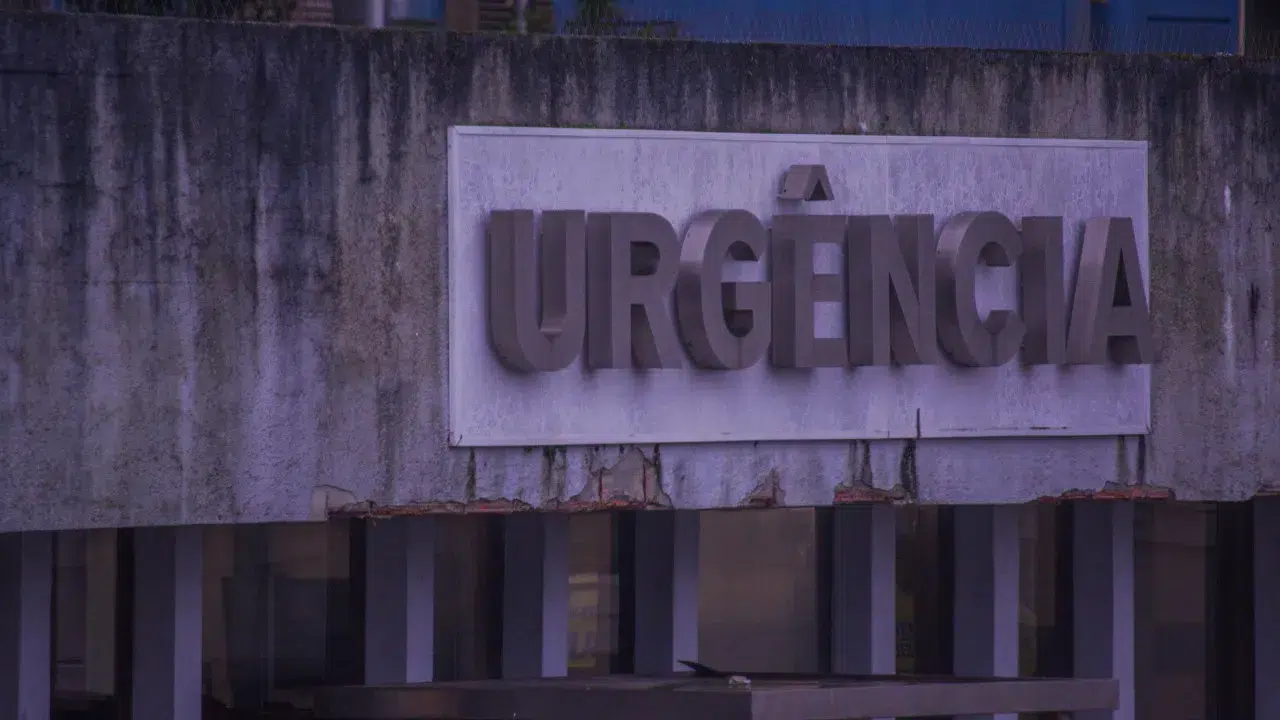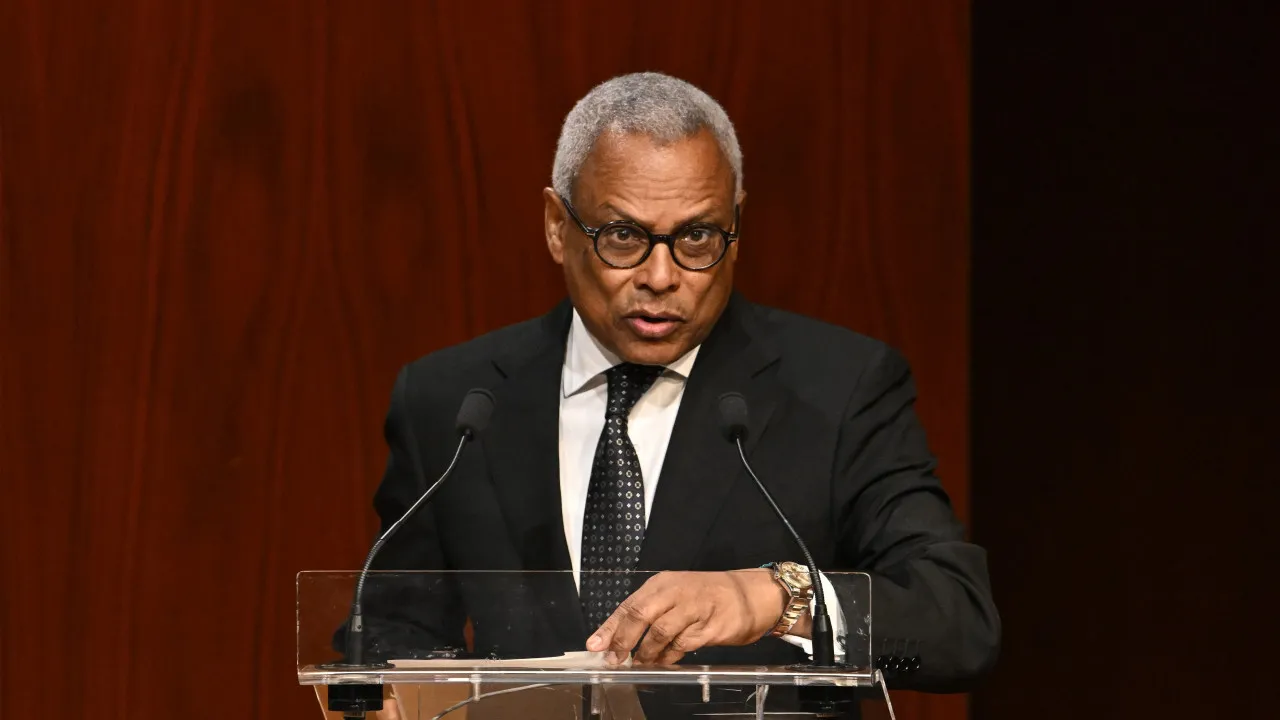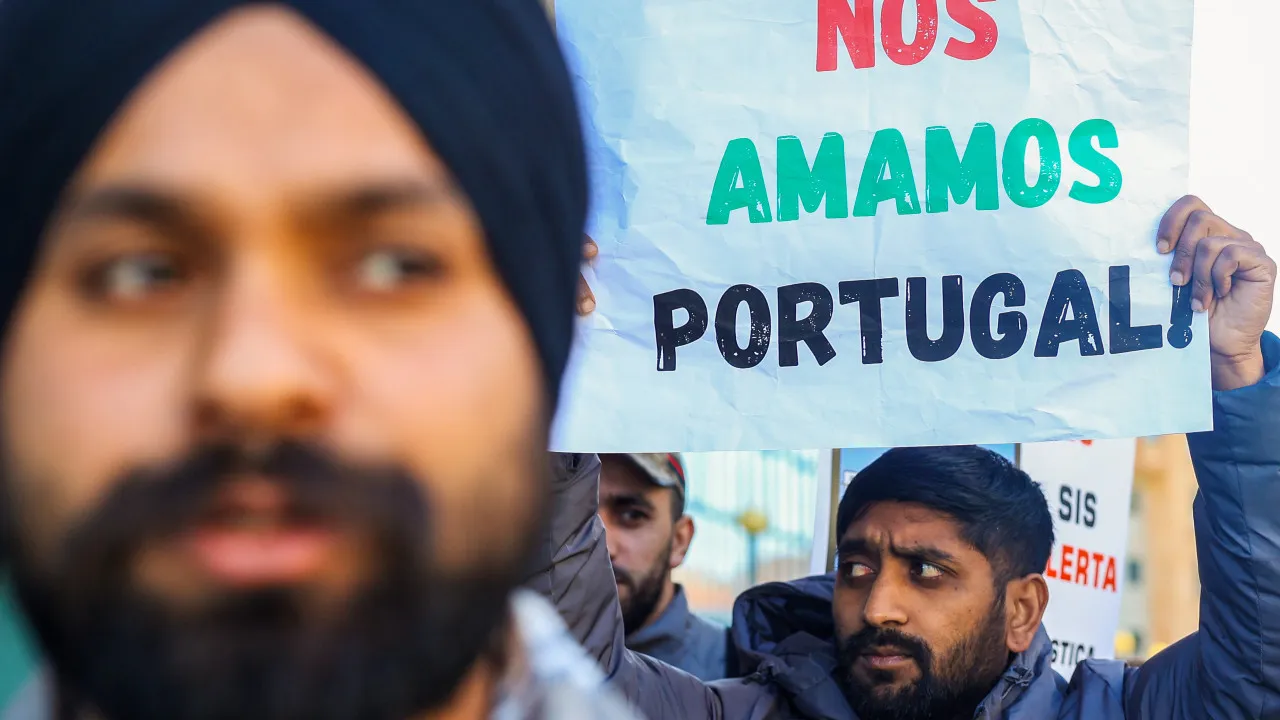
“The responsibility of the media is to format the debate models to be promoted among competing candidates in accordance with what is agreed with the political parties, but not to intervene in the choice of candidates representing those candidacies in the debates,” the CNE asserts.
This position is part of a decision published by the Regulatory Entity for Social Communication (ERC) on Monday, which cites an opinion from the CNE issued on April 3, but not published on the official page of this body.
Last week, Livre filed a complaint with the National Election Commission (CNE) and the Regulatory Entity for Social Communication (ERC) against PSD, RTP, SIC, and TVI regarding the television debate model, arguing it is at a disadvantage.
The issue centers on the decision by the AD coalition—PSD/CDS-PP coalition—to be represented in television debates against Livre, BE, and PAN by the CDS-PP president, Nuno Melo, rather than the PSD leader and current prime minister, Luís Montenegro.
According to the law, after receiving any complaint, “within forty-eight hours of its receipt,” the CNE “forwards it to the Regulatory Entity for Social Communication (ERC) accompanied by its opinion.”
In its opinion, the CNE believes that “notwithstanding the wording of the provisions in Law No. 72-A/2015, of July 23,” which establishes the legal regime for journalistic coverage during the electoral period, “the constitutionally enshrined electoral principles demand effective equality of opportunities and treatment for the various candidacies, a principle reiterated in Article 56 of the LIAR [Electoral Law of the Assembly of the Republic].”
In this case, the text continues, Livre alleges “an inequality of treatment due to the choice of candidates who will represent the PPD/PSD-CDS-PP coalition in the debates.”
The CNE believes that “the media bears the responsibility to format the debate models to be promoted among the competing candidacies in accordance with what is agreed with the political parties,” however, it considers that televisions do not have the competence to “intervene in the choice of candidates representing those candidacies in the debates.”
Following the CNE’s opinion, the ERC considered this Monday “legitimate the expectation of the party Livre to debate with the PSD leader and head of the PSD/CDS-PP coalition list,” maintaining, however, that “there is no legal impediment to the appointment for participation in the debates by the PSD/CDS-PP coalition of the two party leaders that comprise it.”
“To conclude, it should be noted that it is not within the decision-making sphere of the ERC to define who should represent a particular candidacy, nor which representative may or may not be accepted by television operators, provided that the provisions of Law No. 72-A/2015, of July 23, which establishes the legal regime for journalistic coverage during the electoral period, are safeguarded,” the resolution states.
The television debates began on Monday on TVI, with the AD – PSD/CDS-PP Coalition and CDU, and will conclude on the 28th, with a broadcast on RTP, SIC, and TVI of the face-to-face between the AD – PSD/CDS-PP Coalition and PS.
In total, there will be 28 debates, divided between open signal and cable channels, according to the draw, in addition to two debates to be held by RTP.




